In 2022, my family and I packed up our home, said goodbye to our family in Colorado Springs, and moved to the U.S.-Mexico border. We saw the humanitarian crisis continuing to build and felt called by God to go do what we could to help.
We expected to serve. What we didn’t expect was how much we would learn.
As we spoke with asylum seekers, we came to understand the stark realities that migrants face when they decide to leave their homelands. These individuals are not merely seeking better opportunities; they are often fleeing for their very lives. People from nations across the globe are escaping rampant violence, brutal persecution, relentless extortion, and crippling poverty. They embark on these perilous journeys because remaining in their home countries is simply not an option if they wish to survive.
Imagine being forced to make an impossible choice: stay and face almost certain death, or risk everything on a dangerous path toward an uncertain future. The journey migrants undertake typically spans several grueling months. They traverse treacherous terrains, including dense jungles like the Darién Gap between Colombia and Panama, a lawless expanse notorious for its natural hazards and predatory gangs. Along the way, they suffer from hunger and dehydration, battling the elements with little more than the clothes on their backs.
The threats they face aren’t just environmental. At every step, there’s the constant danger of assault, rape, kidnapping, and robbery. Criminal groups prey on the vulnerable, exploiting their desperation. Many migrants endure these hardships with young children in tow, adding an unimaginable layer of difficulty and fear to their journey.
And yet, in those same people, we also saw incredible resilience, faith, and humanity. People created in the image of God, just like you and me.
Sadly, since 2025, we have also witnessed the deepening of cruelty through new immigration policies that have caused immense suffering. The current administration has shut down access to asylum almost entirely, stranding thousands of people in dangerous border cities with no legal path forward, even as they flee legitimate threats to their lives. Those who had been patiently waiting in Mexico for months to follow the legal process suddenly found that option ripped away without warning. Inside the United States, mass deportation raids have begun targeting anyone without legal status, including people who have lived peacefully in this country for years. Families are being ripped apart overnight. Parents are being taken from their children. Communities are living in fear.
These are not abstract policy debates. They are real decisions with real human consequences, inflicted on people who have already endured more suffering than most of us can imagine. And as followers of Christ, we cannot ignore this reality.
But this is not about politics. This is about love.
As Christians, our role is not to enforce immigration law. Our role is to live out the words of Jesus:
“I was a stranger, and you welcomed me.” (Matthew 25:35)
When Jesus commanded us to love our neighbors, He did not give us the option to check their papers first. He simply called us to love. To serve. To show mercy.
That is why our response must be twofold.
First, we must love the people around us. Immigrants are already living in our communities. They are attending our churches, dropping their kids off at our schools, and working alongside us every day. We are called to treat them with dignity, to meet practical needs where we can, and to build relationships rooted in kindness and respect.
Second, we must speak up. When policies cause suffering, Christians should care. Not to make a political point, but to reflect the heart of God. We should contact our representatives and urge them to support humane, compassionate immigration policies that protect the vulnerable and honor the dignity of every person.
We may not be able to solve the whole system. But we can absolutely decide how we will treat the people God places in front of us.
Imagine if the Church became known not for its political positions on immigration but for its radical, Christ-like love for immigrants. Imagine if we were famous for opening our homes, filling our tables, and making space in our hearts for those whom the world has pushed aside.
This is the kind of love Jesus showed. This is the kind of love He still calls us to today.
And it starts with us.
